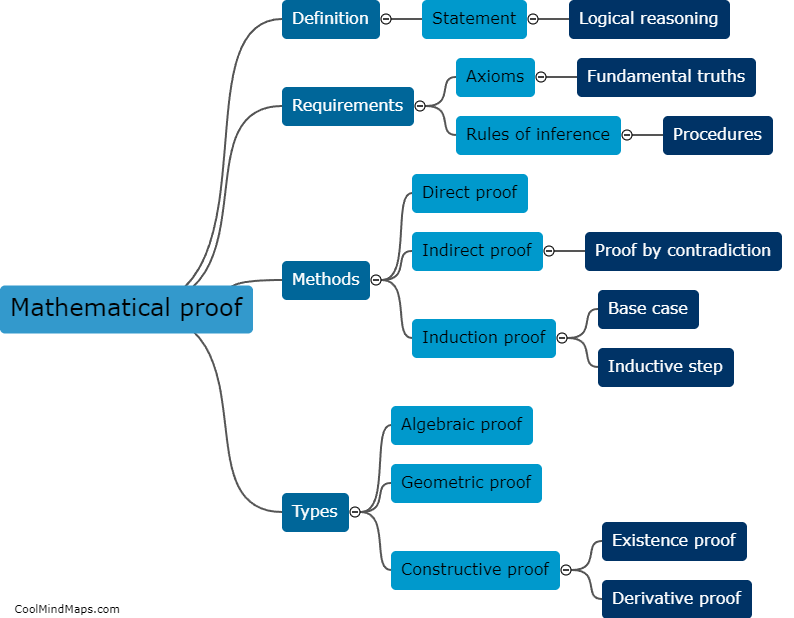What are the principles of quantum mechanics?
Quantum mechanics is a branch of physics that explains the behavior of matter and energy on the atomic and subatomic scale. It is based on a set of principles that govern the behavior of particles at these microscopic levels. The principles of quantum mechanics include wave-particle duality, which suggests that particles can exhibit properties of both waves and particles; the uncertainty principle, which states that there is a fundamental limit to the precision with which certain pairs of physical properties can be known; and superposition, which describes how particles can exist in multiple states simultaneously until they are measured or observed. Additionally, quantum mechanics involves the concept of entanglement, where particles become correlated and share properties regardless of their distance, and the probabilistic nature of quantum events, as particles' behaviors can only be predicted using probability distributions rather than deterministic formulas. Overall, the principles of quantum mechanics provide a framework to understand the mysterious and counterintuitive nature of the microscopic world.

This mind map was published on 29 September 2023 and has been viewed 100 times.











